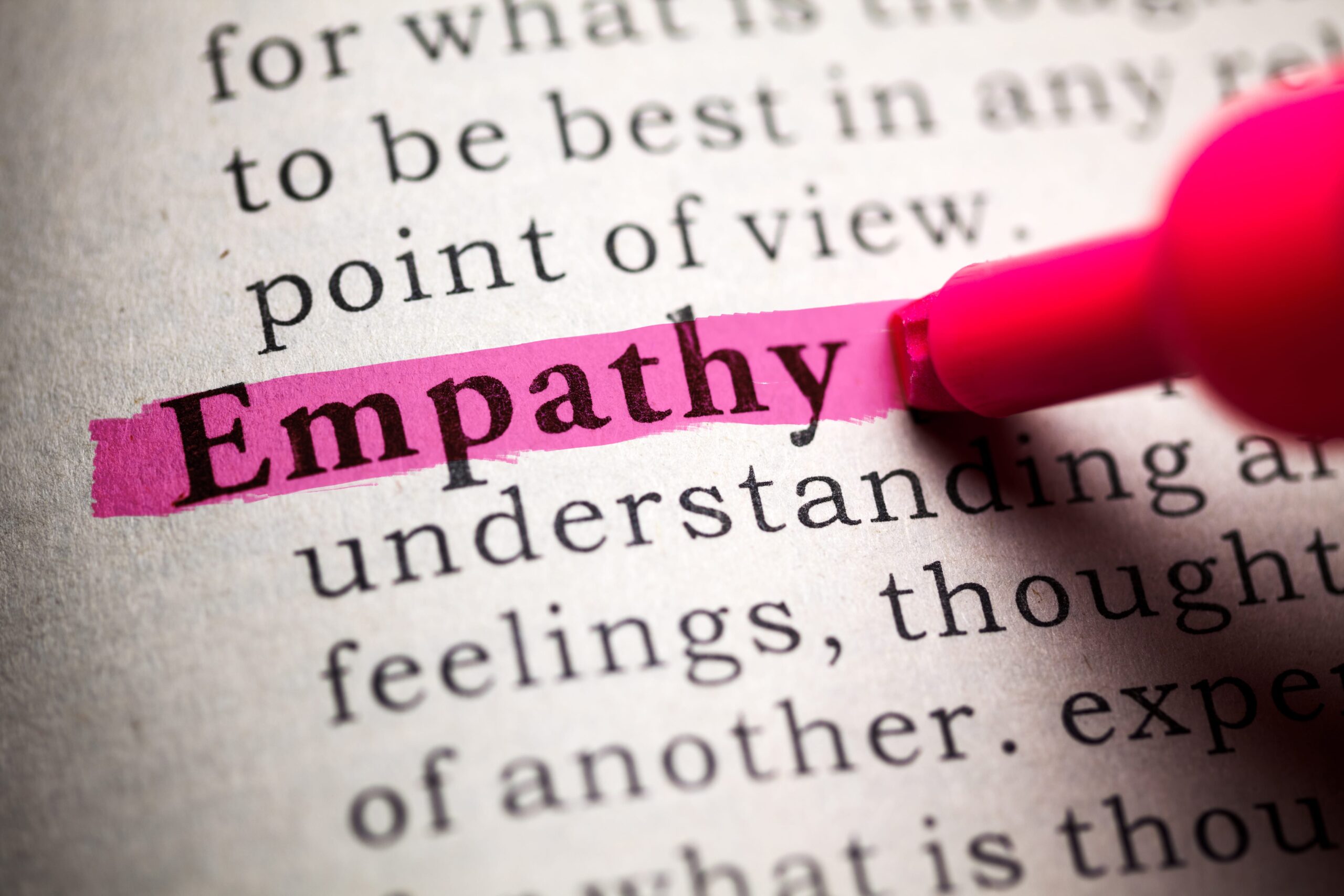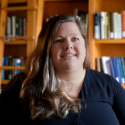
I originally decided to make religious studies a part of my career path when I was working as a teacher in a middle school 10 years ago and realized the lack of importance being placed upon religious literacy in practically all the areas where it should be most important. As I started to dig in a little bit, I found what I really already knew to be true—this was not an isolated problem. Ignorance was at the root of so many of the religious prejudices and stereotypes that were being treated as truth. I asked myself what I could do about it. My answer was to educate myself so that I could, in turn, educate others. It’s certainly not the only answer, but it’s the one I felt made the most sense for me.
Ten years later, I have finished graduate school and I find myself doing just what I had originally set out to do. I teach my students, this time high schoolers, about religion. Sometimes they learn about their own religion; sometimes they learn about others’ religions. But I always emphasize being open to learn new things. I am especially impressed with the depth of information absorbed by my World Religions students. They encounter traditions, cultures, and languages very different from their own, but they do so with openness and interest.
The students are also very good at memorizing relevant information. Name an important Jewish holiday—they can do that. List the five pillars of Islam—no problem. They can discuss religious traditions and rituals. There is certainly great value in increasing our knowledge about those topics; I think educating ourselves is where any fruitful conversation has to start.
However, now I ask myself a new question: Is that enough? Is it enough to know the facts and figures, but to miss out on the lived experiences of individuals? The only answer I have is of course not. The more I teach this material, the more I realize that a true education needs to be accompanied by true understanding. It needs to include an appreciation for the diverse stories we should expect to encounter when we study the world’s religions.
My vision for how this can look came sharply into focus as I had the privilege to learn from and share with everyone who has been a part of the ICJS Teachers Fellowship. Listening to Muslim Scholar Zeyneb Sayilgan share stories about her experiences as a young student and attending a talk given by Councilmember Zeke Cohen about the importance of religion in his own life—just to name two examples—solidified the influence stories such as these can have. To see religions as encompassing both the practice and practitioner is to have genuine religious literacy. I see clearly now the importance of storytelling and the need to incorporate people’s stories into my lessons. Learning about other’s stories takes religious learning beyond education alone and allows students to develop empathy.
I can only hope I am doing my 10-years-younger self proud. But what I do know is the lessons I have learned through this fellowship have given me the tools, resources, and encouragement to take the next step. I have ICJS and my fellow cohort members to thank for their constant insight and inspiration. I can confirm now that I cannot be satisfied with where I am, but rather I need to always be searching to develop the culture in my classroom that puts education and empathy at the forefront.
 Niki Creamer teaches religion at Calvert Hall College High School and was a fellow in the 2021-2022 ICJS Teachers Fellowship.
Niki Creamer teaches religion at Calvert Hall College High School and was a fellow in the 2021-2022 ICJS Teachers Fellowship.
Opinions expressed in blog posts by the ICJS Teacher Fellows are solely the author’s. ICJS welcomes a diversity of opinions and perspectives.